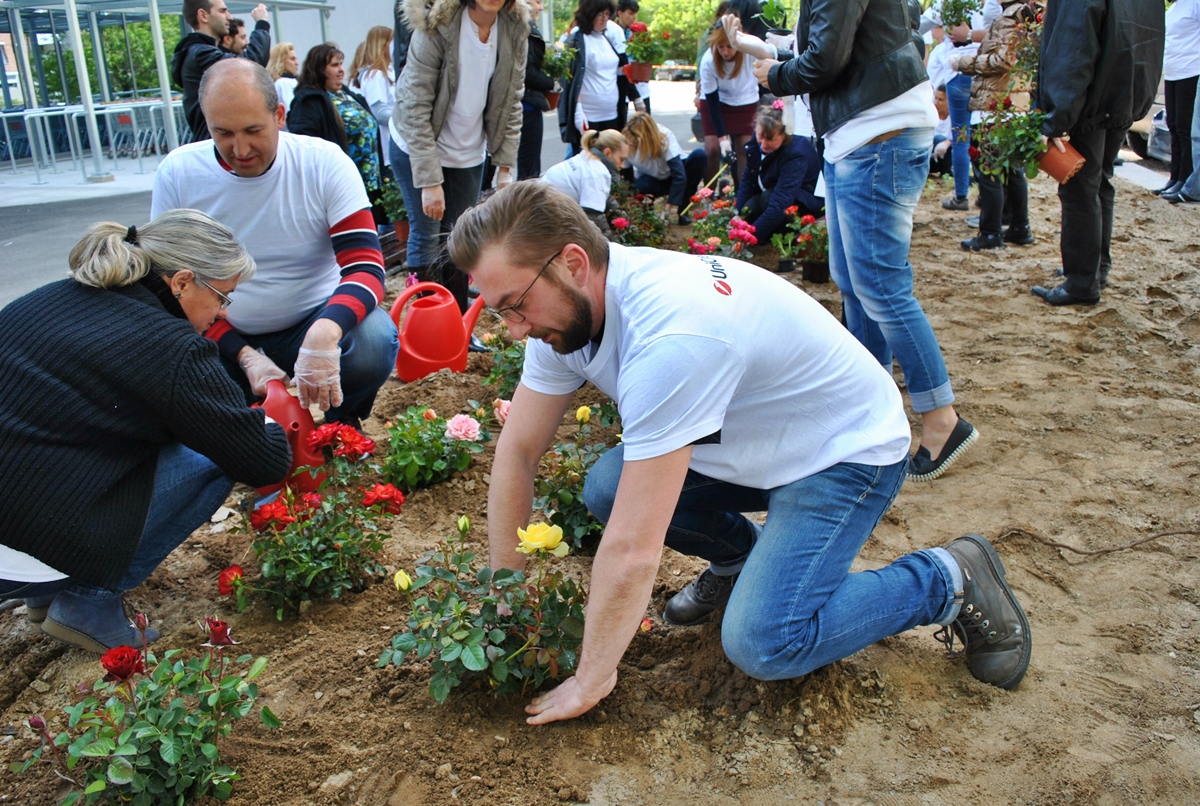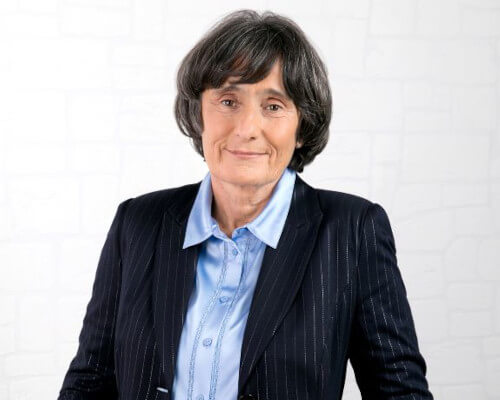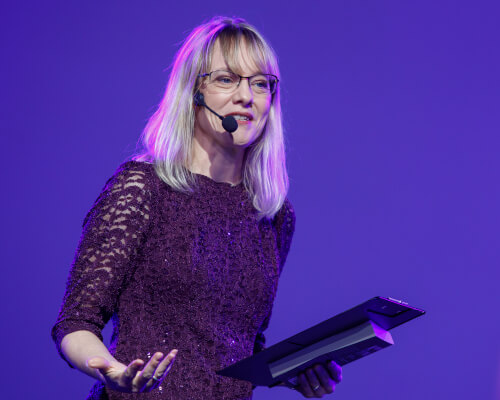 “This amount is nothing for your company,” “Your competitors donated to us last year, and we now turn to you” etc. The staff responsible for big companies’ sponsorship policies get these lines every week. Each year, UniCredit Bulbank works (directly or via good partners) with more than 100 non-governmental organizations, educational, health and other institutions throughout the country. We get 10 – 15 sponsorship or donation requests every week, over 500 a year. We try to give each one due attention, make an adequate assessment and respond personally, even if the response is negative. We believe that saying “no” in time along with a friendly recommendation for possible next steps is more useful than making people wait for a positive response endlessly and, ultimately, in vain. Experience shows that there is a misunderstanding of corporate donations in the non-governmental sector and possibly also the business sector that does not reflect good practices. Here are some examples:
“This amount is nothing for your company,” “Your competitors donated to us last year, and we now turn to you” etc. The staff responsible for big companies’ sponsorship policies get these lines every week. Each year, UniCredit Bulbank works (directly or via good partners) with more than 100 non-governmental organizations, educational, health and other institutions throughout the country. We get 10 – 15 sponsorship or donation requests every week, over 500 a year. We try to give each one due attention, make an adequate assessment and respond personally, even if the response is negative. We believe that saying “no” in time along with a friendly recommendation for possible next steps is more useful than making people wait for a positive response endlessly and, ultimately, in vain. Experience shows that there is a misunderstanding of corporate donations in the non-governmental sector and possibly also the business sector that does not reflect good practices. Here are some examples:
- Myth 1: Corporate social responsibility means donating to charity.
The primary responsibility of each company is to operate sustainably, to improve its products and services and to create value for customers, employees, shareholders and society. This is one of the reasons UniCredit has made the commitment to invest over € 1.6 billion in innovation for the benefit of its customers through its plan “Transform 2019.”
- Myth 2: I am your client, so you have to sponsor me / donate.
UniCredit Bulbank has over one million active clients – individuals, companies, NGOs and many more. If we were to start donating to all of them, we would go bankrupt in a day, and that wouldn’t benefit anyone. We are always happy to help clients from the non-governmental sector who choose us as a financial partner, but this is not a major argument for sponsorship. Many companies, including the bank, announce areas where they focus their sponsorship and donation programs. For example, UniCredit Bulbank focuses on improving financial knowledge and skills and promoting entrepreneurship and innovation.
- Myth 3: 10, 100, 1000 leva are nothing for you.
If you think the company where you are applying for funding has this understanding, do not do business with it. This company will not stay on the market long. Respectable institutions appreciate the value of each dime invested and have clear rules not only for allocation, but also for reporting the results of each project that has received support.
- Myth 4: Other companies in your sector gave us money last year. Now you have to as well.
Prepare to answer with a question: “Why don’t these companies give you money again if last year’s project was so successful?” Likewise, the argument “last year you gave us money, this year you need to give us money again” is not valid unless there is a report with concrete results proving a successful partnership.
- Myth 5: Companies need to give to charity to redeem themselves.
If a non-governmental organization values its reputation in the long term, it should exercise good judgment when it comes to its list of donors. Companies that care about their long-term reputation are also careful about who they associate themselves with.
- Myth 6: No need to prepare a presentation. No need to report. Knowing the boss is enough.
This may apply to companies with a sole proprietor and manager. It is true that at the final stage, top managers are the ones who put their signatures on donation or sponsorship contracts, but those of good companies will not do so if the project has not undergone due diligence with agreed criteria.
- Myth 7: Support = donating money.
Spanish Golden Age dramatist Pedro Calderón de la Barca is believed to have said, “Do not give advice to someone who is asking for money.” At first glance, this seems counterintuitive to the subject at hand. But the truth is that investing your time and sharing specific experiences, knowledge or contacts can save a lot of money. Moreover, these approaches are often more effective than a mere one-time donation.
About the author: Victoria Blazheva is First Vice President and Director of Public Relations and Communications at UniCredit Bulbank. The number of awards the bank has received is among the many signs of recognition of its support of significant social initiatives. Among them are the “Investor in Knowledge” Award from the Bulgarian Business Leaders Forum (BBLF) for its financial culture enhancement program titled “Finance for Non-Financiers”, First Place for “Business Idea with Educational Orientation” at the b2b magazine’s annual awards for the same initiative; First Prize for “Investment in Human Capital” for the Leadership Academy, an annual joint program of the bank and the Bulgarian Businesswomen’s Council, a prize from the Bulgarian PR Association for Green Communications and Urban Environment for the project titled “Week without ribbon-cutting”, an initiative to open a new office related to volunteering and improving the urban environment instead of ribbon-cutting ceremonies, etc.

